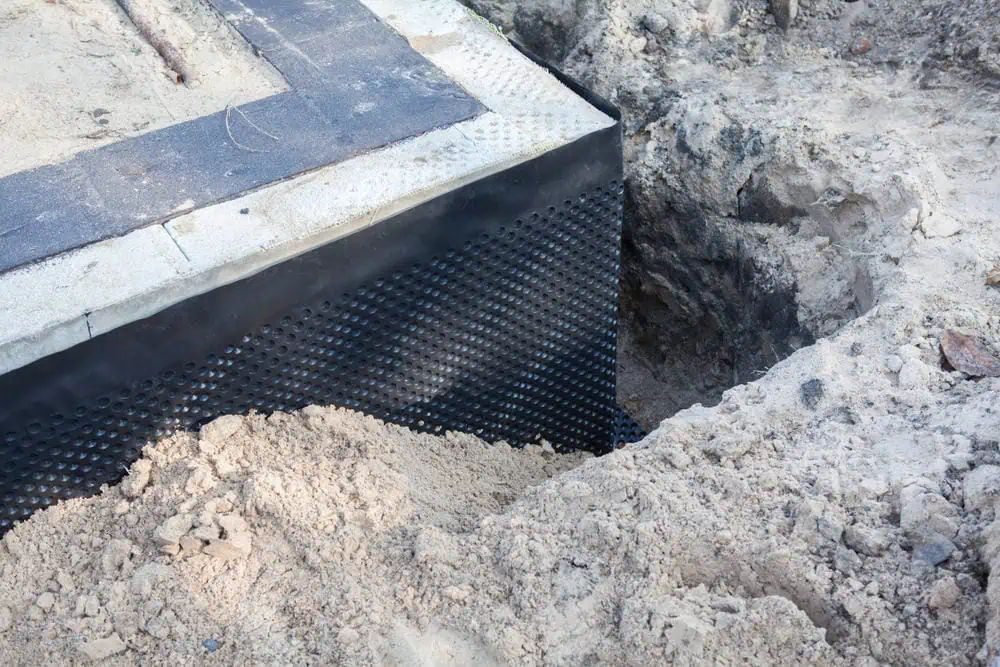Basement Waterproofing in Forest Hills, MA
Basement waterproofing is crucial for homeowners in Forest Hills, MA, preventing water damage, mold growth, and structural issues. Academy Masonry provides tailored waterproofing solutions, enhancing your home’s value and integrity. Their professional services include both interior and exterior methods, foundation crack repairs, and regular maintenance to ensure long-term protection and a healthy living environment.



